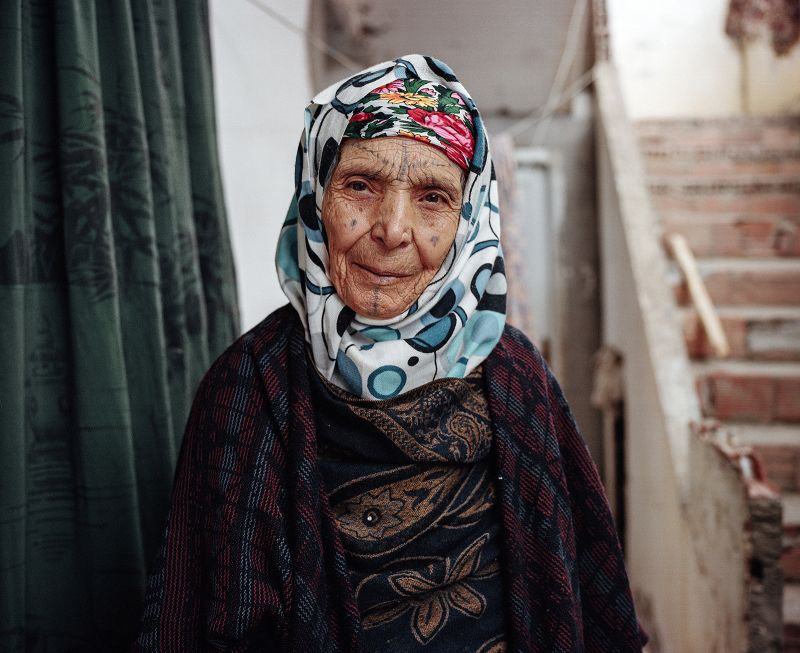The Intriguing Stories Behind Facial Tattoos in North Africa
Photographer Yumna Al-Arashi ventured across North Africa to document women in the region who have facial tattoos, revealing the deep cultural significance associated with these markings.
The Beauty of Tattoos in Tunis
In the suburbs of Tunis, the capital city of Tunisia, Habiba (pictured) conveyed to Al-Arashi that for many women who sought beauty, tattoos were a natural choice, much like makeup is for others.

Mixed Feelings About Tattoos

Positive Narratives and Symbolism
Conversely, the majority of women Al-Arashi encountered had empowering stories. For instance, Aisha, met outside the Tunisian capital, expressed that her tattoos symbolized her womanhood, received after her marriage.

The Cultural Significance of Tattoos
Many women Al-Arashi photographed, including Halima, shared that their tattoos held symbolic power for them and their families.

Tributes to Heritage and Beliefs
Some women Al-Arashi met had tattoos that paid tribute to sacred figures and goddesses. One traditional Amazigh woman dedicated her tattoo to the Carthaginian goddess, Tanit.

Personal Connections to Nature
Brika, from Siliana, Tunis, expressed her connection to nature through her tattoos, stating, “I have the stars and the moon on my cheeks; they help me navigate my land.”

Tattoos as a Source of Regret
In stark contrast to others, Sassiya in Tamezret shared that she no longer finds joy in her tattoos, feeling instead a burden due to societal pressures and familial disapproval. She spends her days praying for forgiveness.





